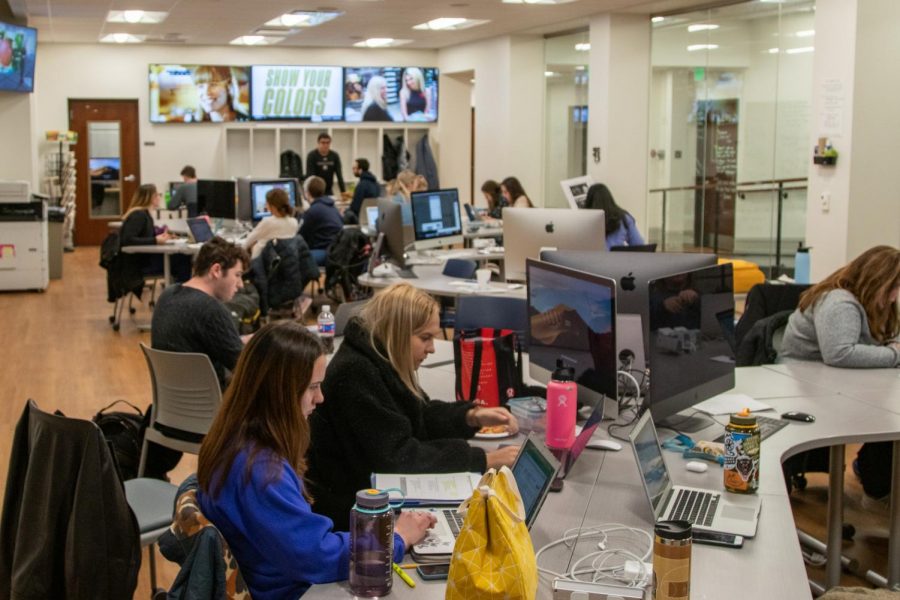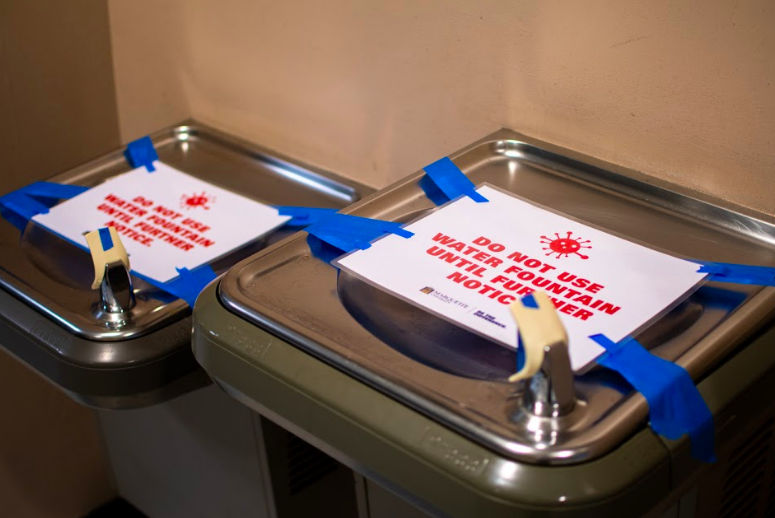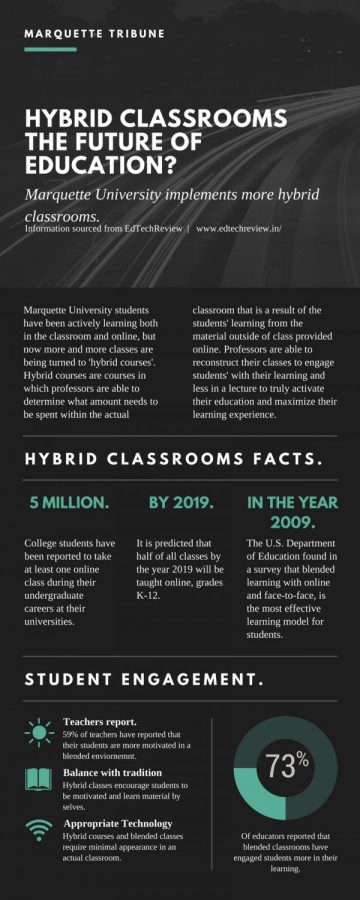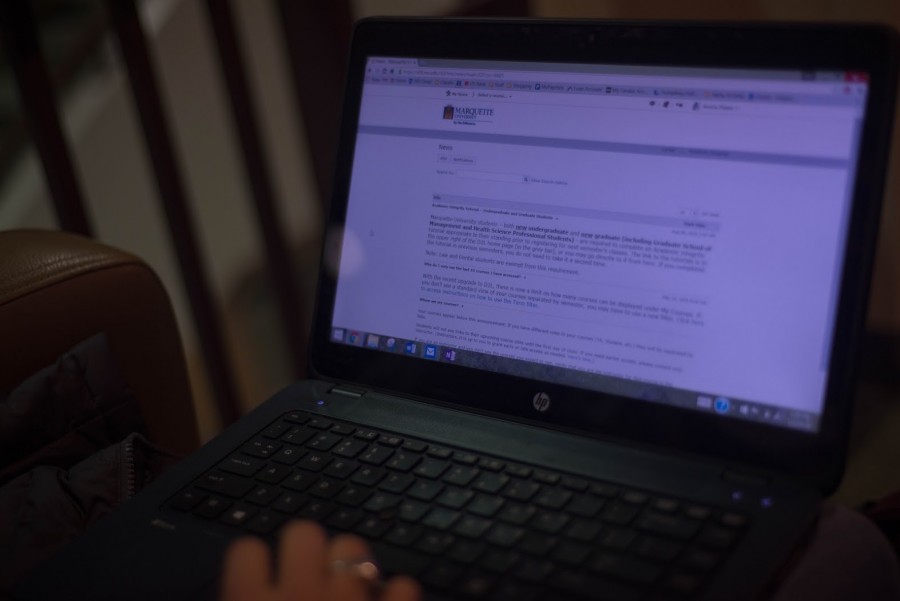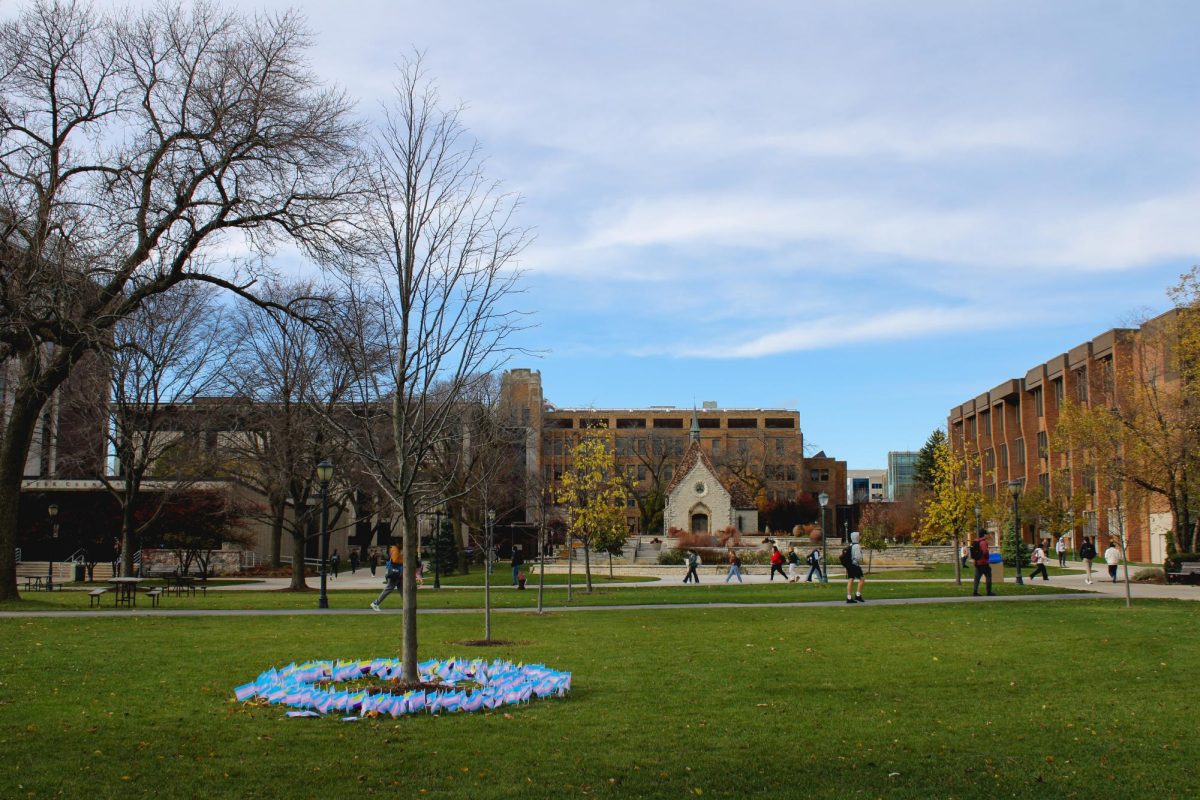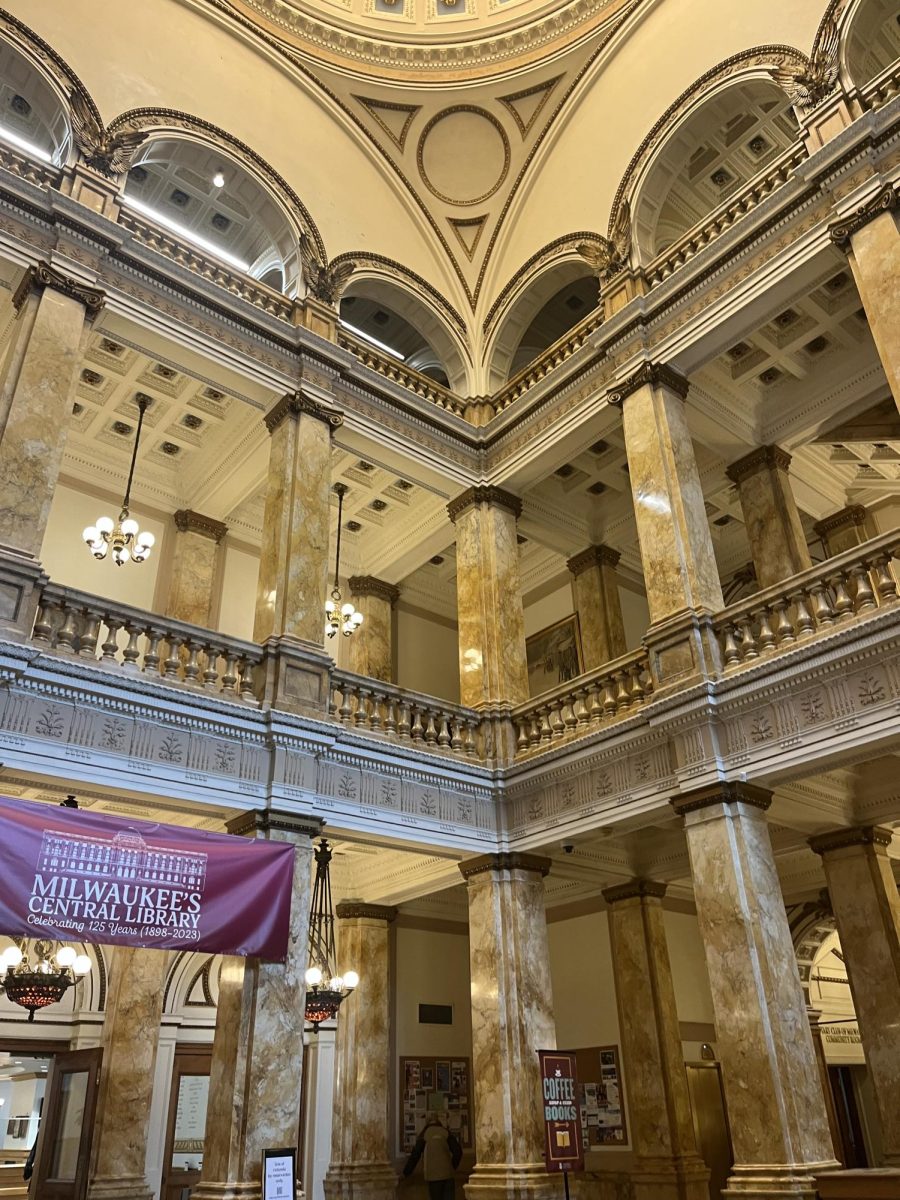Marquette’s service learning program was selected as the Experiential Education Program of the Year by the National Society for Experiential Education (NSEE). The award will be presented to Marquette Oct. 5, at the annual NSEE conference at the Hyatt Regency Hotel in Milwaukee.
Marquette’s service learning program was implemented within the Center for Teaching and Learning in 1994, according to its informational brochure. Service learning aims to provide students with “meaningful community service” experiences outside the classroom that will help them to better understand their coursework. The program connects students to external agencies, allowing students to confront social justice issues that pertain to their course material. Students provide a variety of services for their agencies include tutoring, mentoring, teaching English as a second language, conducting research, surveys and developing videos and brochures.
Sue Leister, chair of the NSEE Awards Committee and director of the internship program of Alverno College, nominated Marquette for the award.
Leister said she nominated Marquette’s service learning because of its unique five-model system, involvement of student staff in the service learning process and the program’s special emphasis on reflection. She said Alverno College personally benefitted from Marquette’s experience with service learning.
“They were a valuable resource as we developed our own Campus Compact Learning Grant,” Leister wrote in Marquette’s nomination.
She said recipients of the NSEE’s program of the year award are evaluated on program consistency with NSEE’s mission, innovative program design and implementation, extensive program outreach and a high level of impact among diverse communities. NSEE’s mission is “to foster the effective use of experience as an integral part of education,” according to its website.
Kimberly Jensen-Bohat, director of Marquette’s Service Learning, said Marquette’s program has served as a model and consultant for many other schools, including UW-Milwaukee, St. Joseph’s University in Philadelphia and Marian College.
Jensen said service learning opportunities exist in about 75 percent of the academic departments on campus and in every college except the Law School, which has its own program focusing on pro bono services. Service learning opportunities are available at all points in a student’s academic career – from freshman- to senior-level classes.
Jensen said about 2,500 students used the service learning program last year and about 1,100 registered this semester. According to the 2012 Graduating Senior Survey, 63 percent of students who graduated from Marquette participated in a service learning class.
One characteristic of the Marquette program, recognized by the NSEE, is its heavy use of students, instead of full-time faculty members, as active coordinators. The program’s staff includes two full-time administrators and fifteen students. The student coordinators, who are regarded as “case managers,” act as liaisons and maintain partnerships between the agencies, students and the professors who use service learning.
“A lot of (universities) don’t realize that the student staff run this program,” said Anna Feeley, a senior in the College of Arts & Sciences and a student staff manager in the service learning program. “A lot of other programs have six full-time faculty, but we only have two.”
Feeley said service learning provides experience not available in a normal class.
“You can help figure out your vocation,” Feeley said. “You can be in a classroom and (think), ‘This is exactly what I want to do. I know I want to be a teacher; I’m going to continue on this path.’”
Kelsey Simkins, a junior in the College of Arts & Sciences and a staff manager for the service learning program, agreed.
“It’s an excellent complement for what you already learn in the classroom,” Simkins said. “Because from an academic standpoint, you can learn a lot of things and understand the issues from an intellectual level, but until you actually go out into the community and the real world and experience those issues, you don’t get the full grasp.”



